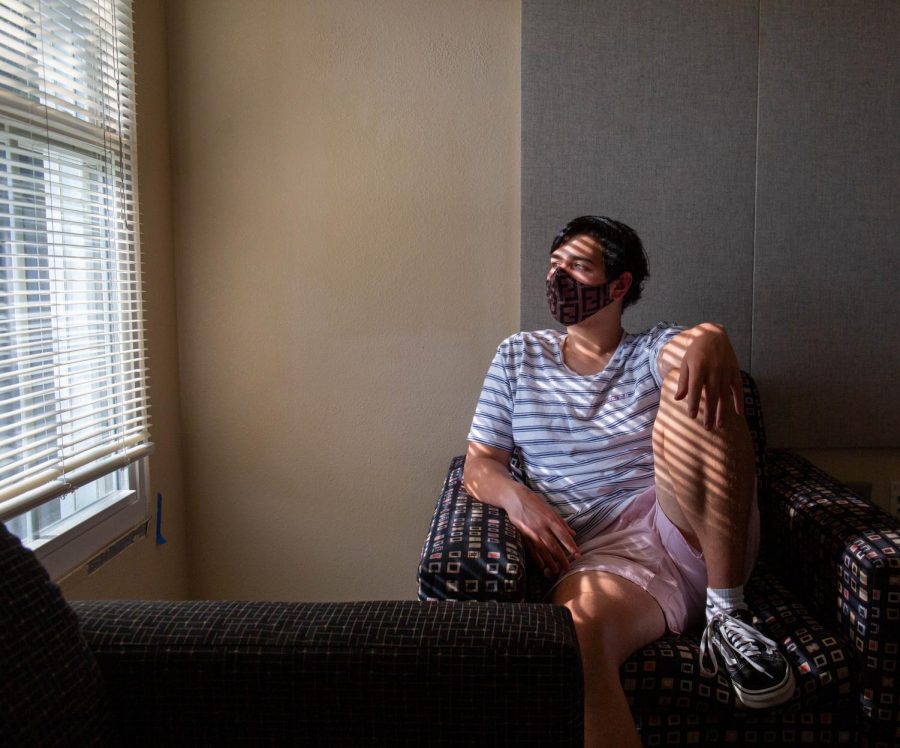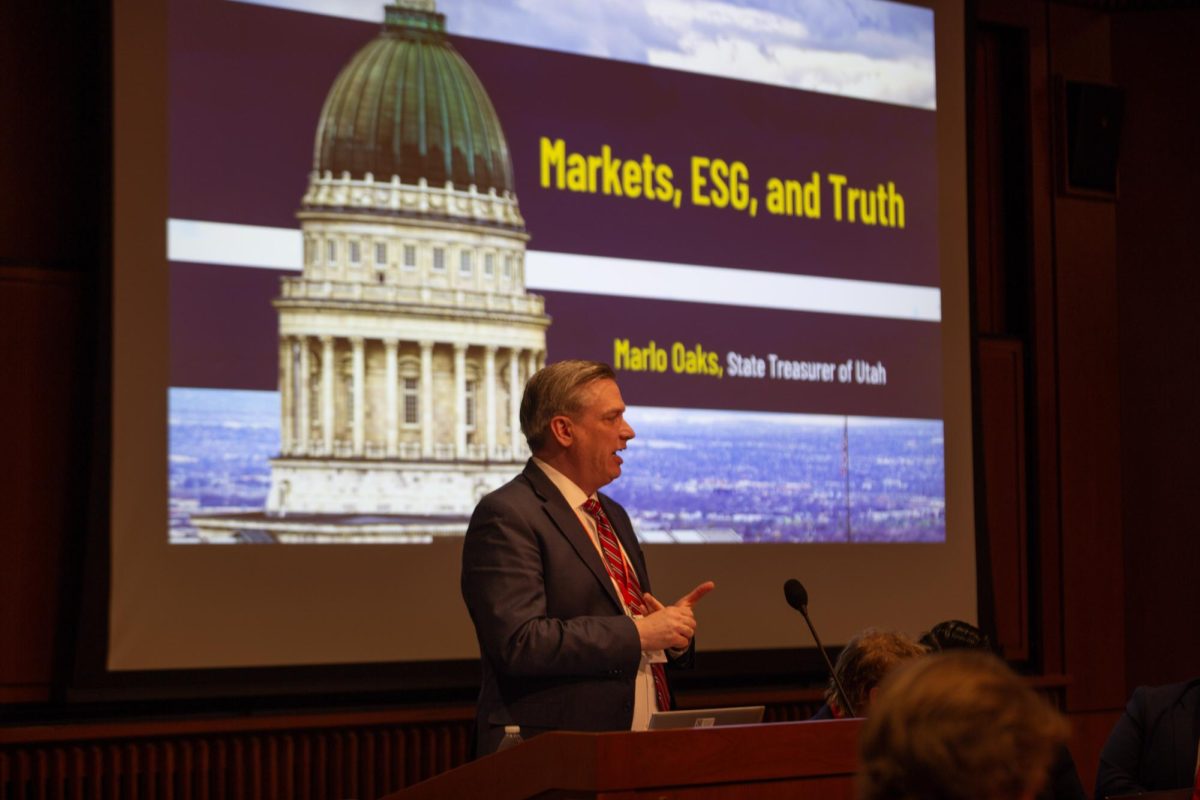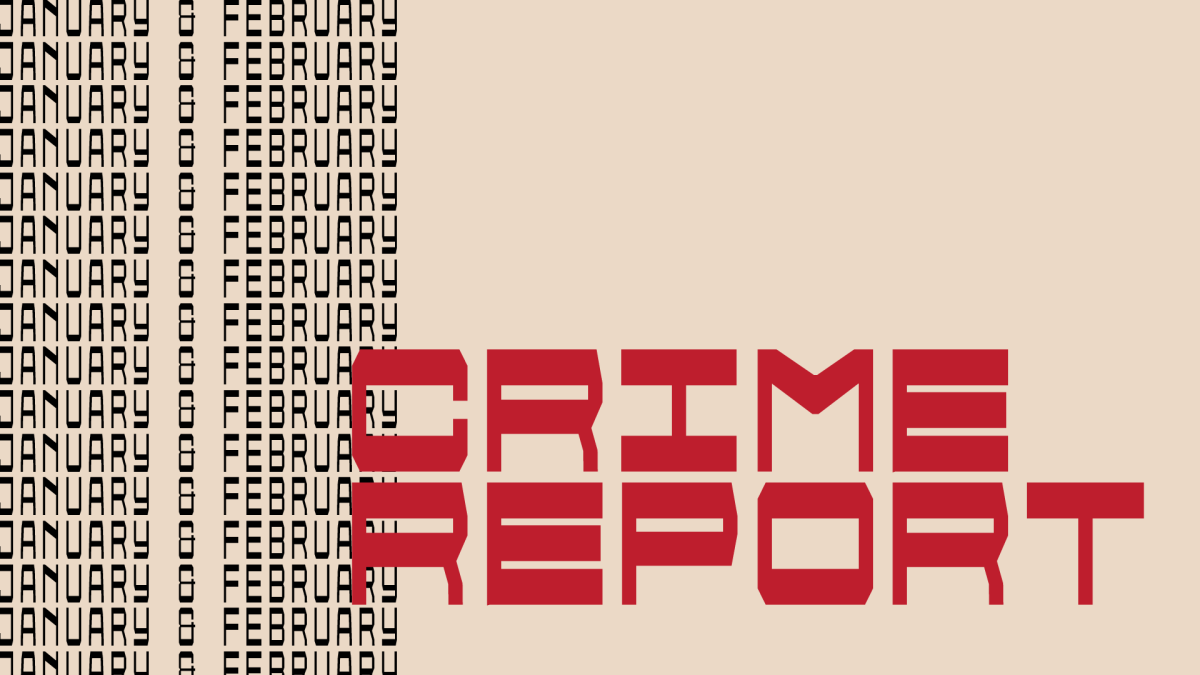Saifee: The Physical and Mental Burden of COVID-19 and Climate Change
Freshman Michael Manhard takes a break from online classes in a common area at the University of Utah on Oct. 10, 2020. (Photo by Gwen Christopherson | Daily Utah Chronicle)
November 9, 2020
This year has been hard. I feel stressed all the time. College, work, COVID-19 and the worsening impact of climate change have been taxing on my mental and physical health. How in this mess of a year are college students supposed to address this stress and work through it? This question is especially relevant as COVID-19 and climate change are not isolated stressors but are inexplicably linked.
COVID-19 affects our physical health. The CDC states that some common symptoms of COVID-19 are cough, fever and fatigue. These symptoms can worsen and hospitalization may become necessary. It is evident that anyone, young or old, can experience mild to severe symptoms. To reduce the risk of contracting COVID-19, the CDC strongly encourages wearing a mask, social distancing and washing your hands. Until the spread of COVID-19 is minimized, large social gatherings are on pause.
Limited in-person socialization and concerns about health impacts mental health, too, and few have felt it as acutely as young adults. College students are feeling more anxious and depressed as they navigate college this semester. I have had my fair share of days spent in my sweatpants, talking to no one — in-person or virtually — moving only between my bed and desk. Spending all this time by yourself takes its toll.
Climate change also affects a person’s physical health through its effect on air quality. Utah is no stranger to poor air quality — the state is ranked seventh on a list of metropolitan areas with the worst air quality. The inversions we’ve all become familiar with are detrimental to our physical health. Prolonged exposure to bad air is related to many health risks like respiratory and cardiovascular diseases, stroke, cancer, and autoimmune disorders. All these factors lead to a shortened life-span in Utah.
We’ve known about climate change for years, but it is becoming even more apparent with Utah’s extreme weather events. In September, Utah experienced a significant wind event that took down trees and power in most of Salt Lake Valley. Utah also experienced a longer and more severe wildfire season. Both of these events resulted in destruction and have lasting effects on people’s mental health. Individuals feel stressed, anxious and helpless when these extreme weather events become more common. Psychiatric researchers have coined the term “eco-anxiety” to describe the chronic stress associated with environmental catastrophe and degradation.
Granted, I am an environmental studies major — most of my classes focus on climate change’s negative impacts. The required “doom and gloom” portion of my classes focus on how humans have ruined the environment. COVID-19 is a direct result of humans’ unhealthy relationship with the planet as it is a zoonotic disease. It is a disease driven by the increased exposure of humans, pathogens and other species in the same space. With the recent installation of the “Climate Clock,” climate change is becoming a reality to more than just environmentalists. The mental distress of climate change will be a burden on all.
As a state, Utah needs more progressive climate action to reduce carbon emissions, combat air pollution and improve Utahn’s physical and mental health. In the past, Sen. Mike Lee heavily criticized the Green New Deal on the senate floor, stating that the real solution to climate change is to have more kids. He also blamed this year’s west coast wildfire season on federal mismanagement instead of climate change. Senator Mitt Romney acknowledges human-caused climate change, however, he was unwilling to sign onto the Green New Deal.
As this year’s events unfolded, members of the GOP and other political parties signed onto “Utah’s Climate and Clean Air Compact.” This is a promising plan, backed by bipartisan support, to tackle climate change. However, it will not accomplish its goals within the timeframe established by the “Climate Clock,” which leaves the future still uncertain.
There are numerous things an individual can do to combat eco-anxiety. One of the most important things we can do to address negative feelings is to focus on “what you are fighting for, not what you are fighting against.” Find an environmental issue you are passionate about, connect with local nonprofits working towards solutions and find hope within your community. It’s even better if your involvement gets you outside since we could all use some time spent away from our rooms, and studies show that being outside alleviates stress and anxiety.
It’s okay to feel mentally and physically taxed right now. Climate change and COVID-19 have significantly changed our lives. It is essential to acknowledge how we are feeling to become more resilient in this changing world. As this year comes to an end, we need to be patient and kind to ourselves, and we should be proud of the progress we have made.












